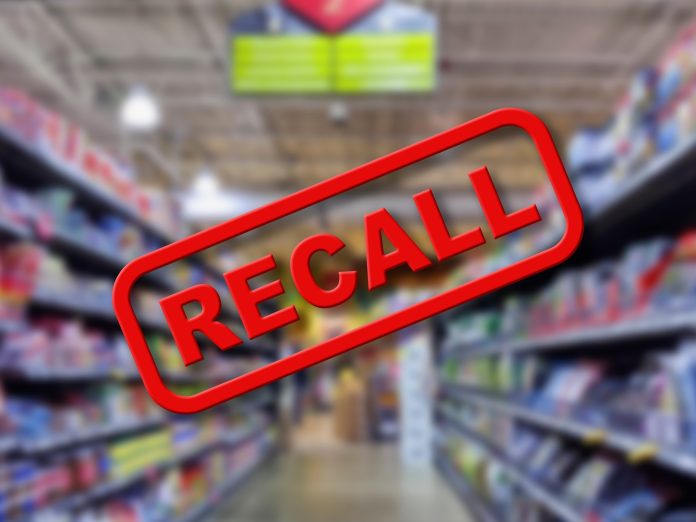
Nearly 18,000 tubs of popular Blue Bunny and Halo Top ice cream products have been recalled due to dangerous plastic contamination, affecting restaurant chains and food service locations across the country.
Key Takeaways
- Wells Enterprises, maker of Blue Bunny and Halo Top, has issued a Class II recall for nearly 18,000 containers of ice cream due to potential plastic contamination
- The recall affects 22 flavors packaged in 3-gallon tubs with “Best If Used By” dates ranging from March 2026 to October 2026
- Affected products were distributed to 103 locations including restaurants and food suppliers like Gordon Food Service, US Foods, Sysco Corp, Johnny Rockets, and Planet Smoothie
- No illnesses have been reported, but the FDA classifies this as a Class II recall that could cause “temporary or medically reversible adverse health consequences”
- The contaminated products were primarily distributed to commercial establishments, making them unlikely to be found in home freezers
Major Ice Cream Recall Affects Popular Brands
Wells Enterprises, the Iowa-based company behind popular ice cream brands like Blue Bunny and Halo Top, has initiated a widespread recall affecting nearly 18,000 tubs of ice cream and frozen yogurt. The FDA-recognized Class II recall was announced on April 25 after the discovery of potential plastic contamination in 22 different flavors. This significant food safety concern primarily impacts commercial establishments rather than individual consumers, as the affected products are packaged in large 3-gallon containers typically used by restaurants and food service operations.
The recall specifically targets products with “Best If Used By” dates spanning from March 2026 through October 2026. Distribution centers involved in the recall are located in Le Mars, Iowa; Wyoming, Michigan; Rosemont, Illinois; Houston, Texas; and Fort Worth, Texas. These distribution hubs supplied the contaminated products to as many as 103 locations throughout the United States, creating a significant logistical challenge for the company to ensure all affected inventory is removed from circulation and properly disposed of before reaching consumers.
Health Risks and Commercial Impact
According to the FDA’s classification system, this recall falls under the Class II category, which indicates a situation where exposure to the contaminated products may cause “temporary or medically reversible adverse health consequences,” as stated by the FDA. While plastic contamination poses a genuine health concern, particularly regarding potential choking hazards or internal injuries, the agency’s classification suggests the risk level is moderate rather than immediately life-threatening. As of May 18, no illnesses or injuries have been reported in connection with the recalled products.
“cause temporary or medically reversible adverse health consequences,” according to FDA
The commercial impact of this recall extends to numerous food service suppliers and restaurant chains across the country. Among the businesses affected are Gordon Food Service, US Foods, Sysco Corp, Johnny Rockets, and Planet Smoothie. These establishments must now identify and remove any potentially contaminated products from their inventories. The 3-gallon tub format makes it unlikely that the recalled ice cream would be found in typical home freezers, somewhat limiting the recall’s direct impact on everyday consumers who purchase retail-sized containers.
Consumer Response and Company Actions
While Wells Enterprises has not issued a comprehensive public statement regarding the recall, standard food safety protocols would dictate that businesses in possession of the affected products should either dispose of them safely or return them to their point of purchase. The company has made a form available on its website for questions or concerns related to the recall, demonstrating at least some level of responsibility toward addressing consumer inquiries. This lack of transparent communication represents a missed opportunity for the company to reassure its customer base.
This recall highlights ongoing concerns about food safety standards and quality control measures within major food production facilities across America. When well-established brands like “Blue Bunny” and Halo Top experience contamination issues, it raises questions about the effectiveness of current inspection procedures and manufacturing practices. The plastic contamination incident serves as a reminder of the complex supply chain challenges faced by food producers and the critical importance of maintaining rigorous safety protocols to protect consumers from potential harm.





